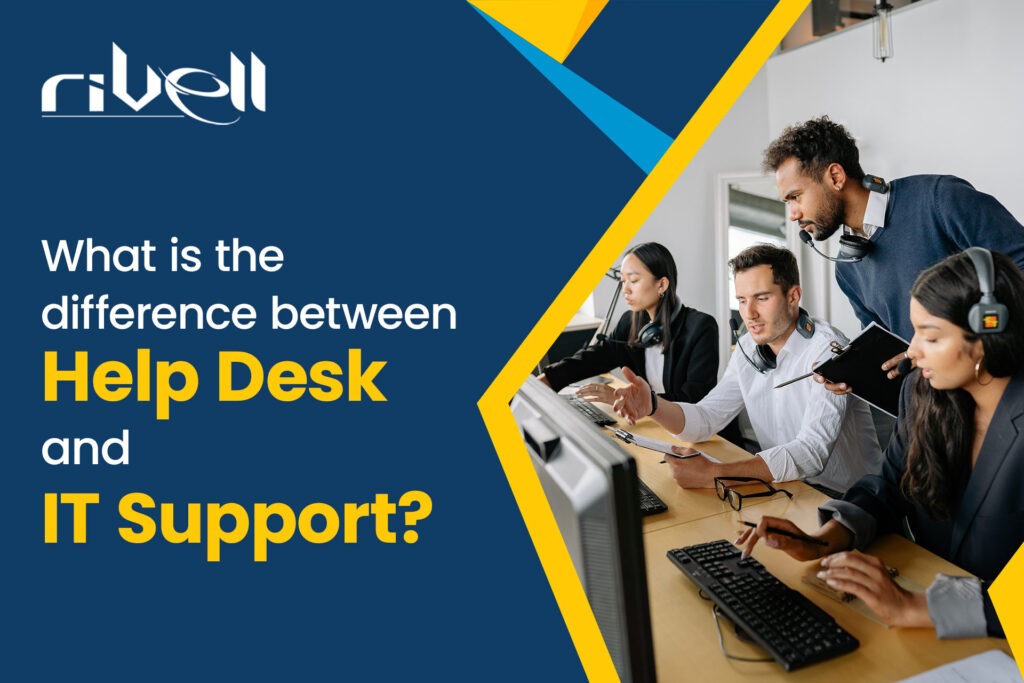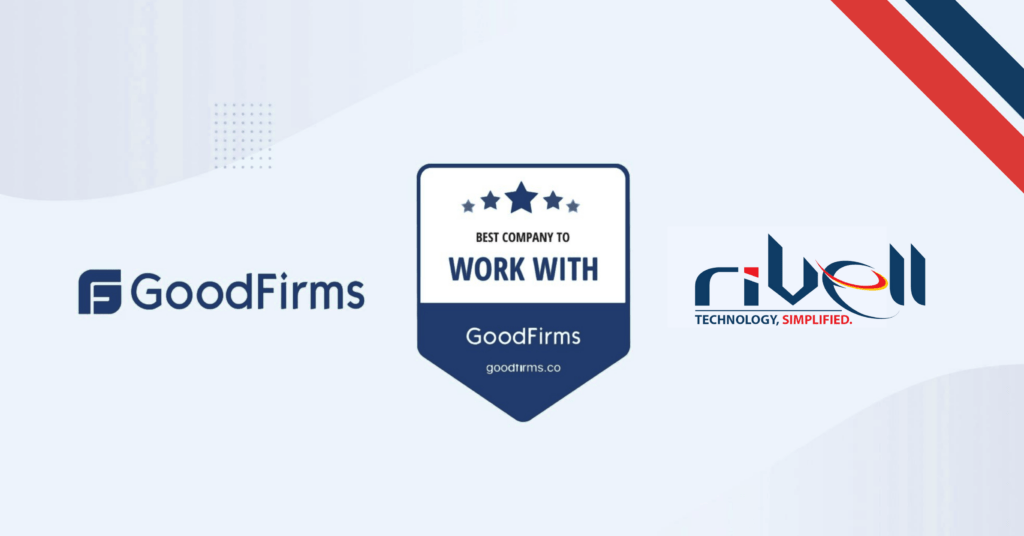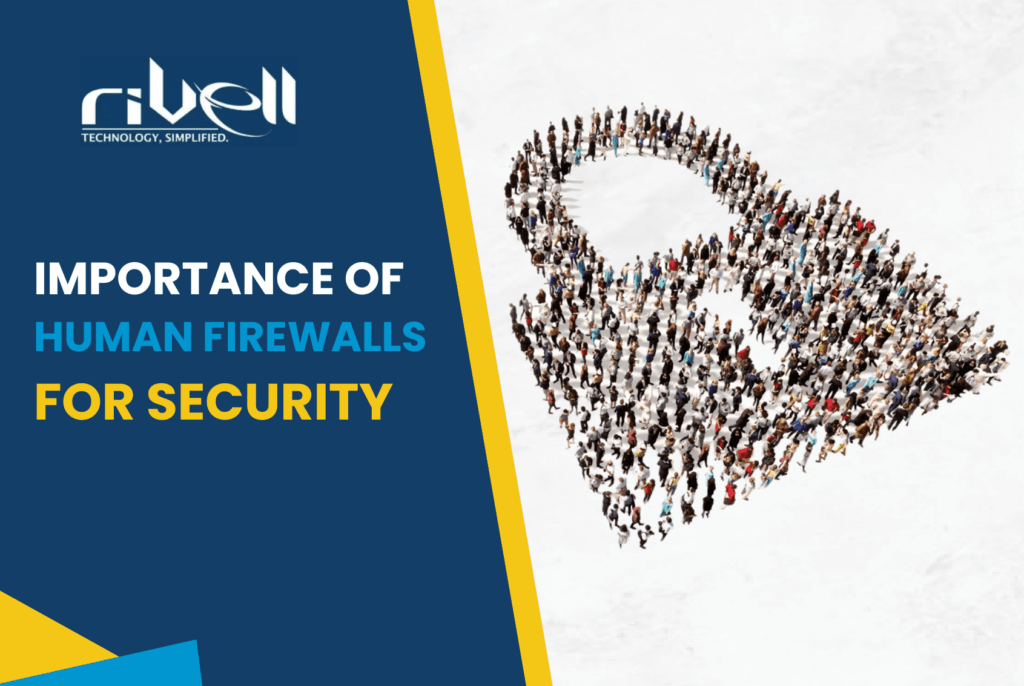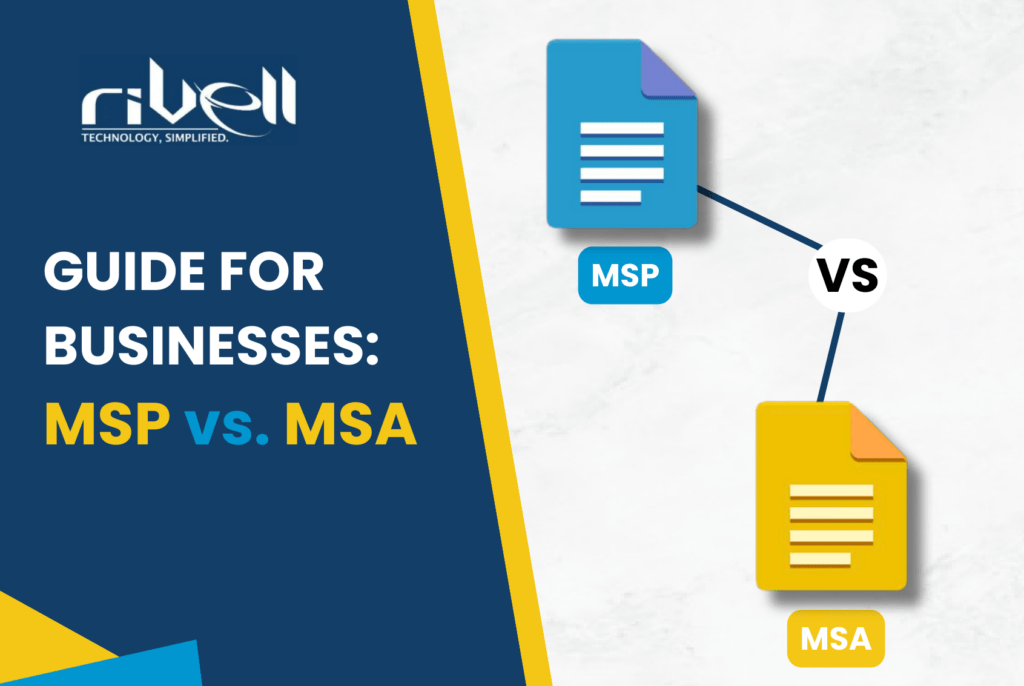Introduction
In our digitally driven world, where technology seamlessly integrates into every facet of our lives, ensuring the smooth operation of IT systems has become a paramount concern. Within the realm of technical assistance, two terms frequently come into play: “help desk” and “IT support.” While these terms might seem interchangeable, they play unique roles in offering aid and resolving technical issues. In this comprehensive exploration, we’ll delve into the nuances that set apart the help desk from IT support. By understanding their individual functions, responsibilities, and contributions, we gain a clearer perspective on the crucial roles they play in the technology ecosystem.
Defining Help Desk and IT Support
In the realm of technology assistance, “help desk” and “IT support” are pivotal terms that hold distinct meanings. A help desk is the primary point of contact for users seeking technical assistance. It serves as the frontline support, helping users troubleshoot issues, navigate challenges, and ensuring they can harness technology effectively. On the other hand, IT support encompasses a more extensive scope, focusing on managing and maintaining an organization’s entire IT infrastructure, both proactively and reactively.
Key Differences between Help Desk and IT Support
Scope of Responsibilities
The help desk focuses on immediate user needs, offering prompt responses and resolutions to common queries and issues. In contrast, IT support extends its reach to encompass a broader range of responsibilities, including system management, infrastructure optimization, and long-term strategic planning.
Issue Resolution Complexity
Help desk personnel handle routine and straightforward problems encountered by users. Their expertise lies in swift issue resolution and ensuring users can continue their tasks unhindered. IT support, however, tackles complex technical challenges, often involving intricate system configurations, network optimization, and problem-solving at a deeper level.
Expertise and Skill Sets
Help desk professionals are adept at providing user-friendly assistance and guidance. Their skill set emphasizes effective communication, understanding user needs, and troubleshooting common issues. IT support professionals, on the other hand, possess a more profound technical knowledge, including expertise in network architecture, software deployment, and system maintenance.
Strategic vs. Tactical Approach
The help desk operates with a tactical approach, focusing on immediate incident resolution and user satisfaction. In contrast, IT support adopts a strategic perspective, aiming to optimize technology infrastructure, forecast potential issues, and implement preventive measures to minimize disruptions.
Help Desk: A Closer Look
The help desk serves as the frontline interface between end-users and the broader IT support infrastructure. Its primary goal is to offer rapid and efficient support to users facing technical difficulties. This includes assisting users in troubleshooting issues, providing guidance on software usage, and ensuring that user concerns are addressed promptly. The help desk plays a pivotal role in incident management, tracking, and documenting reported problems and solutions.
In essence, the help desk is a hub of immediate assistance, where skilled professionals engage with users, guide them through problem-solving steps, and ensure a smooth user experience. This customer-focused approach fosters user confidence and ensures that technological challenges do not impede daily operations.
IT Support: Delving Deeper
IT support encompasses a broader and more comprehensive role, encompassing the entire IT infrastructure of an organization. The scope of IT support includes managing hardware, software, networks, security protocols, and more. IT support professionals are responsible for maintaining systems, ensuring they operate optimally, and implementing updates and patches to address vulnerabilities and enhance functionality.
Unlike the help desk’s immediate focus on issue resolution, IT support adopts a proactive stance. IT support teams are continuously monitoring systems, diagnosing potential issues before they escalate, and implementing preventive measures to forestall disruptions. Their expertise spans a wide range of technical aspects, enabling them to manage complex configurations, implement security protocols, and ensure the organization’s technology remains robust and secure.
Frequently Asked Questions about Help Desk and IT Support
1. Is a help desk the same as IT support?
While both terms are related to technical assistance, a help desk and IT support serve distinct roles. A help desk is the initial point of contact for users seeking immediate assistance with routine issues. IT support, on the other hand, encompasses a broader responsibility of managing an organization’s entire IT infrastructure, including proactive maintenance, system optimization, and strategic planning.
2. What services does a help desk provide?
A help desk provides a range of services, including troubleshooting user issues, assisting with software usage, answering queries, and addressing technical problems. It acts as a central hub for user inquiries and aims to offer prompt and efficient solutions to ensure uninterrupted operations.
3. How does IT support differ from a help desk?
IT support goes beyond immediate issue resolution, focusing on the holistic management and optimization of an organization’s technology ecosystem. This includes maintaining hardware, software, networks, security protocols, and more. A help desk, while also offering technical assistance, primarily handles routine user concerns and serves as a frontline interface between users and IT support.
4. Why is IT support considered strategic?
IT support takes a strategic approach by proactively managing technology infrastructure, anticipating potential issues, and implementing preventive measures. This strategic outlook aims to ensure the long-term stability, security, and optimal performance of an organization’s IT systems.
5. How does the help desk contribute to user satisfaction?
The help desk plays a vital role in user satisfaction by providing prompt and effective solutions to users’ immediate issues. Through clear communication, empathetic assistance, and swift problem-solving, the help desk ensures that users can navigate technology challenges with confidence and minimal disruption.
Conclusion
In the realm of technology assistance, distinguishing between the roles of help desk and IT support is essential. Their unique functions, responsibilities, and contributions form the cornerstone of a robust and efficient technology ecosystem. While the help desk acts as the initial responder, ensuring users’ immediate needs are met, IT support takes a broader and strategic perspective, managing and optimizing an organization’s entire IT infrastructure.
By embracing the distinct yet complementary roles of the help desk and IT support, organizations can ensure a seamless user experience, enhanced operational efficiency, and a secure technology landscape. The collaborative efforts of both functions contribute to a comprehensive support system that empowers users to leverage technology effectively while fostering innovation, growth, and seamless operations. If you are in search of reliable NJ IT support services, contact us today.













